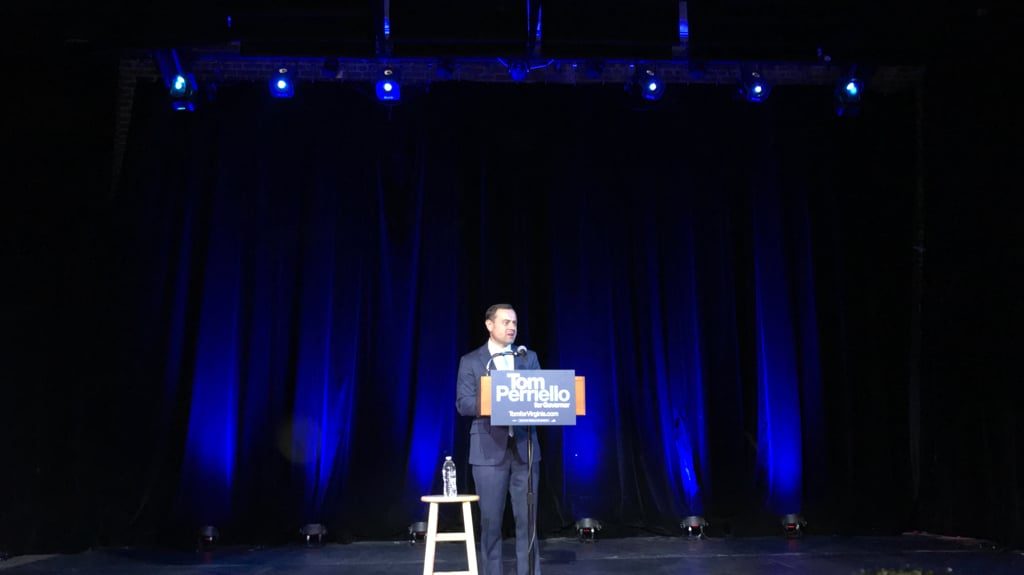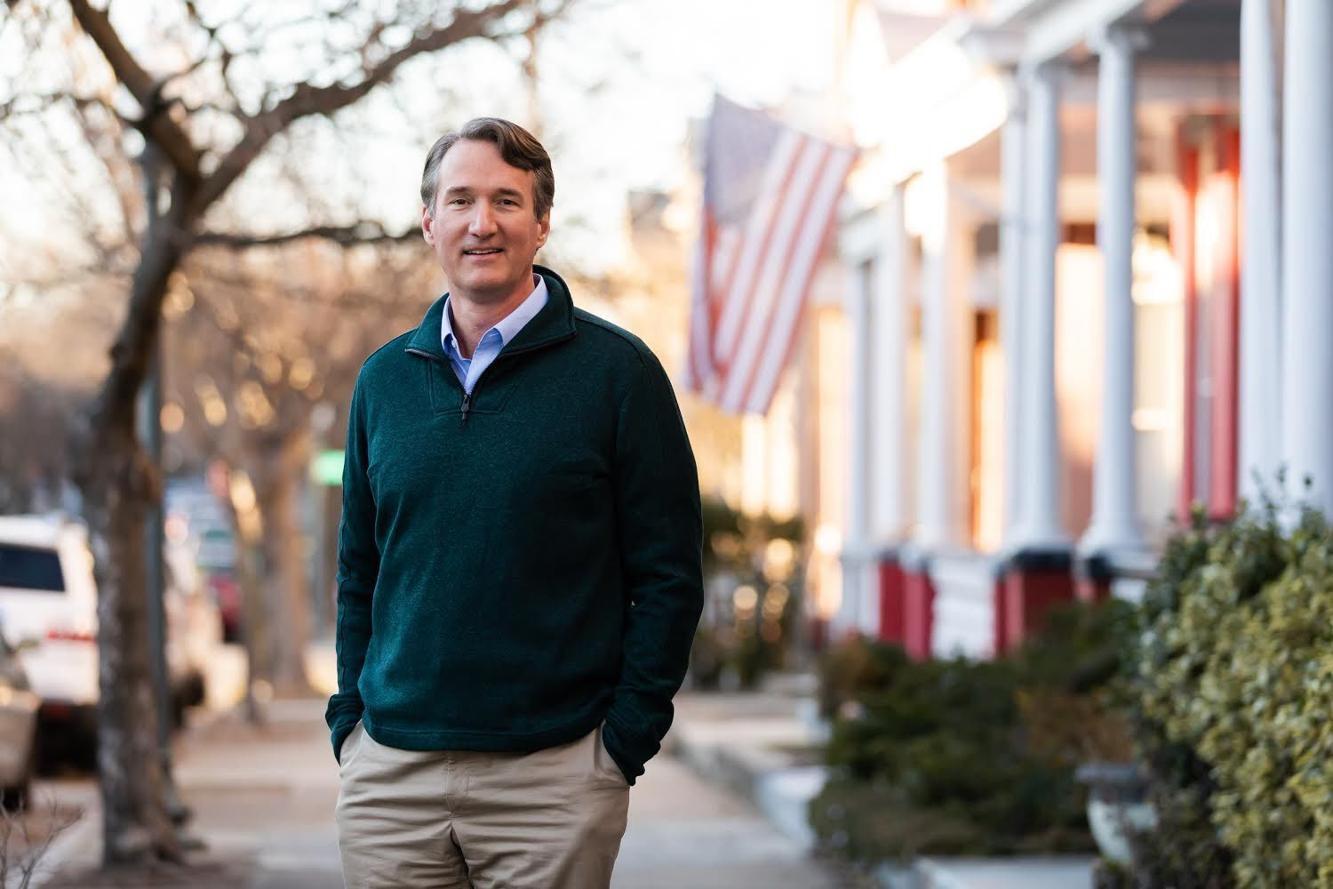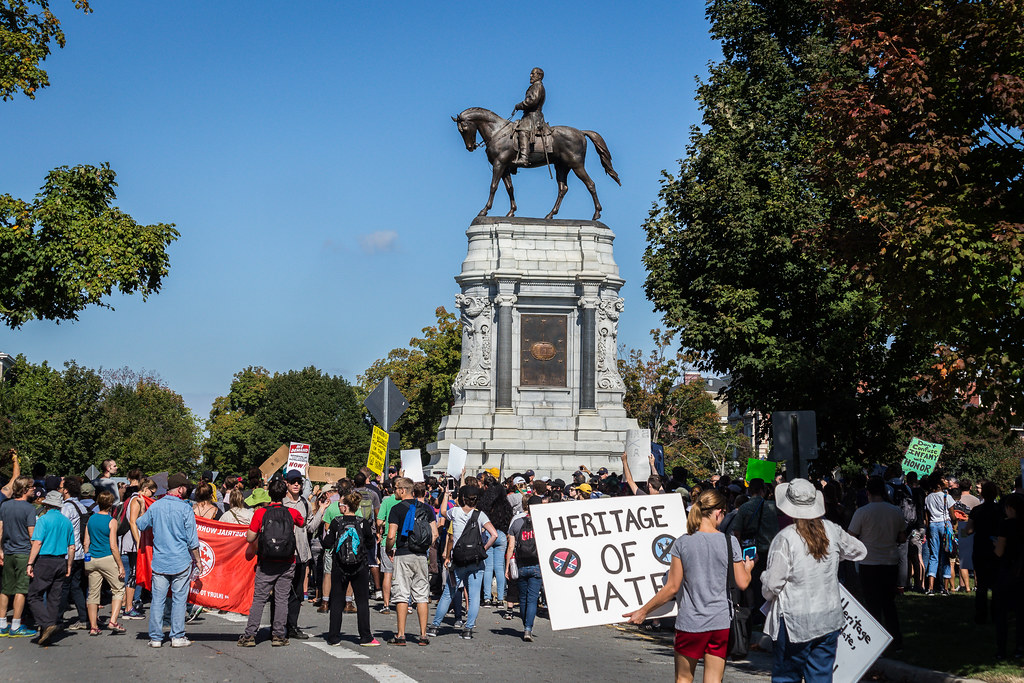The trajectory most everyone expected the primaries in the Virginia governor’s race Tuesday night was flipped over. Instead of a neck-and-neck Democratic race between Lieutenant Governor Ralph Northam and former Representative Tom Perriello, and a walk in the Republican primary for former Republican National Committee boss Ed Gillespie, Northam sailed to an early, comfortable win while Gillespie barely eked out a win over Prince William County Board Chairman Corey Stewart.
Polling leading into Tuesday had Perriello, who jumped in to the race in January, even with Northam, who locked down the entire statewide Democratic apparatus more than a year ago. Stewart, known better around the state for his love of Confederate memorials than his county-government work, was supposed to fizzle against Gillespie, an establishment pick who nearly picked off Mark Warner’s US Senate seat in 2014. But the Associated Press called the Democratic race for Northam at 8:06 PM, while counting in the GOP lasted another two hours. Here are a few things to take away from Tuesday’s contests:
Northam’s state-party backing beat Perriello’s national support. Democrats already hold every statewide office in Virginia, and in the closing days of the primary race, the other four—Governor Terry McAuliffe, Attorney General Mark Herring, and Senators Mark Warner and Tim Kaine—were stumping with Northam. So was nearly every Democratic member of the state’s House delegation and statehouse and local-elected officials. Perriello won big-name endorsements like Senators Bernie Sanders and Elizabeth Warren, along with a host of former Barack Obama aides, but little from inside the state. Obama, whose speech on behalf of Perriello’s unsuccessful 2010 campaign featured in most of the former congressman’s ads, stayed neutral himself. The statewide support plus a late Washington Post endorsement may have sealed it.
“Initial takeaways are that Northam performed strongly in the Urban Crescent— Northern Virginia, Richmond, and Hampton Roads—and that was all he had to do in the end,” says Geoffrey Skelly of the University of Virginia Center for Politics. “He ran strongly among black voters and ended up carrying liberal strongholds like Alexandria and Arlington.”
Money helps too. Northam raised nearly $6.5 million in the primary compared to Perriello’s $4 million haul, which helped the lieutenant governor saturate Washington-area television stations with ads over the last few weeks. Northam also had a larger, steadier stream of in-state donors, while Perriello was funded largely by $500,000 contributions from George Soros and Charlottesville philanthropist Sonjia Smith.
Bashing Trump was important on the Democratic side, but it wasn’t everything. Perriello entered the race in January swinging directly at President Trump, saying that Virginia, which has voted Democratic in three straight presidential elections, should be a bulwark against a hostile and unpopular White House. Northam wasn’t uncritical of Trump, but was slower to focus his campaign’s energy on opposition to the President. The initial strategy helped Perriello pull even, and by early May, Northam was running ads in which he called Trump a “narcissistic maniac.” Perriello and Northam were also closely aligned on nearly every policy issue, both running as solid liberals. “Now we’re talking about a $15 minimum wage, consumer debt, environmental justice,” Perriello said to his supporters at the State Theatre in Falls Church. Still, it appears enough Virginians still put stock in Northam’s decade of Richmond experience, especially in the DC suburbs where the Post‘s endorsement might have swayed voters unfamiliar with both candidates, Skelly says.
But Virginia Democrats are unifying quickly. “Hillary-versus-Bernie, Vol. II” will have to wait for some other Democratic primary. Even though the Sanders- and Warren-backed Perriello came up short, don’t expect any 2016-style fissures within the state party. “[Perriello] proved there’s a hunger in the Democratic for bold candidates,” says Adam Green, a founder of the left-wing Progressive Change Campaign Committee. “We’re encouraged with what Northam’s been saying. He’s a fine Democrat. We supported Tom because he was the visionary in the race.” Perhaps more telling for the party is unusually massive turnout in an off-year primary. Northam’s campaign had been expecting about 320,000 voters, similar to the last contested Democratic primary in 2009. The final tally on Tuesday was about 537,000, nearly 70 percent of the electorate in last year’s presidential primary.
Perriello’s people are still keen on bringing the Democratic Party back to parts of Virginia besides Skelly’s “Urban Crescent.” Looking at county-level maps of the two races, Perriello’s campaign manager, Brennan Gilmore, noted that his candidate—whose old congressional district included a rural area around Charlottesville—won many of the same interior counties as Stewart. “There’s a huge opportunity for Democrats there,” Gilmore says. “The issues Tom was talking about resonate hugely in rural Virginia.”
The Virginia Republican Party belongs to Trump now. Gillespie, a former national party chair who’s kept his distance from Trump, was supposed to win easily. Instead, he nearly lost to Stewart, who is so Trump-like, it even cost him a job as the Trump campaign’s Virginia chairman last year when he called less-supportive Republicans “establishment pukes.” Stewart’s also been a regular on r/The_Donald, a section of Reddit populated by the president’s most fanatical supporters and a launching pad for conspiracy theories peddled by the so-called “alt-right.” And as a gubernatorial candidate, Stewart’s probably known best for wrapping his campaign around the defense of monuments to the Confederacy. With the AP finally calling the race for Gillespie at 10:26 PM, it appears Stewart may not achieve his goal of enforcing the preservation of statues commemorating the likes of Robert E. Lee. But if Gillespie is going to have a shot against an energized Democratic campaign, he’s going to have to appeal to those who flocked to the unapologetically Trump-loving Stewart.



















